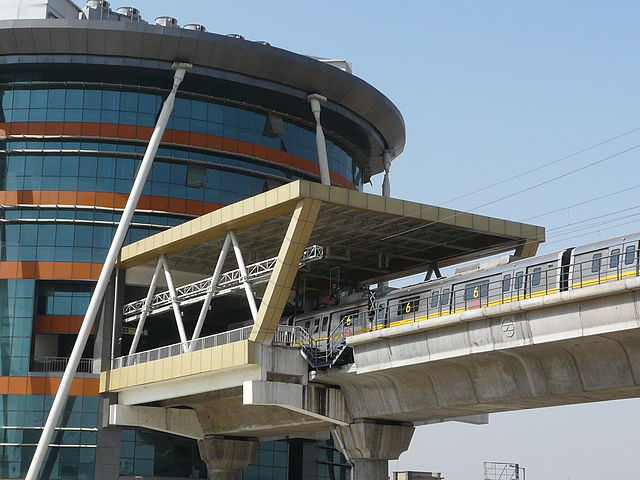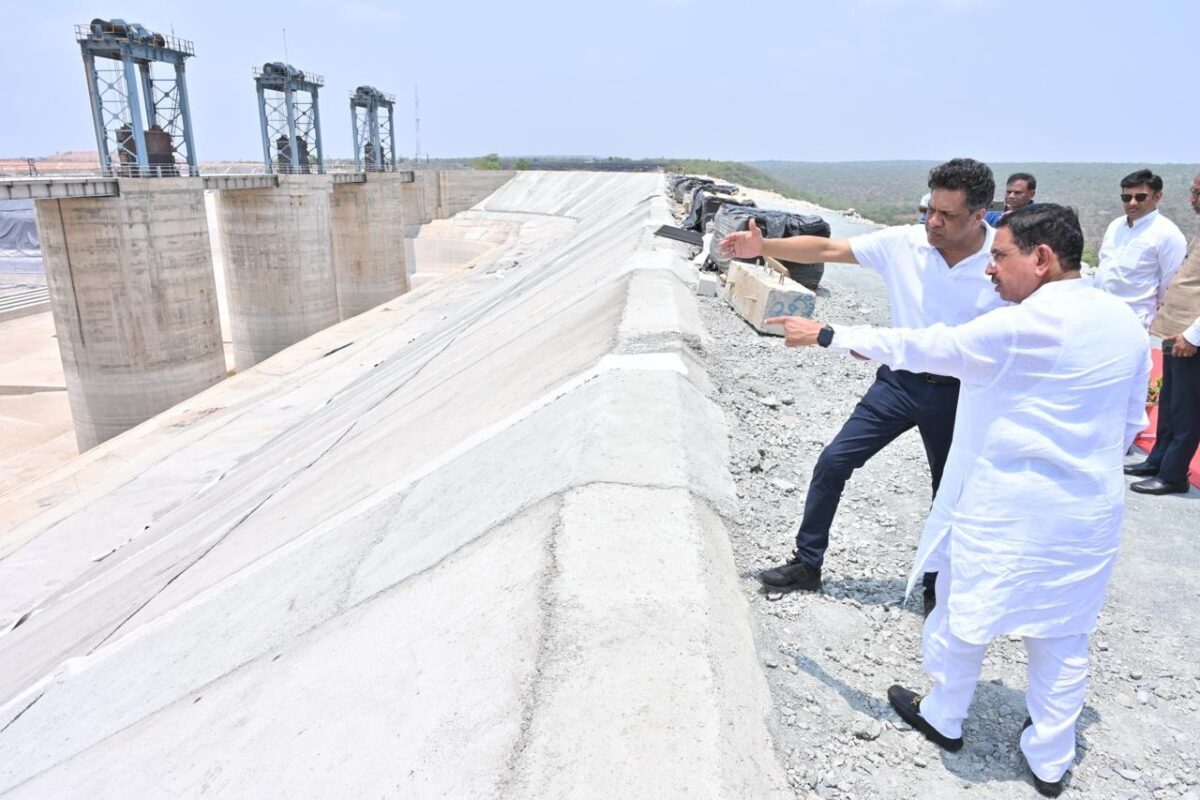The Delhi Metro Rail Corporation (DMRC) has started receiving solar power from the Rewa Solar Power Project of Madhya Pradesh, inching a step closer towards its goal of running all its operations on solar power by 2021.
DMRC received 27 MW power from the Rewa solar project, which will gradually increase it to 99 MW—according to DMRC’s press statement.
“The power received from Rewa will be utilised for the operational as well as auxiliary requirements of the Delhi Metro. Till now, the solar power generated by the rooftop solar plants installed in DMRC premises were utilised for the auxiliary requirements such as lighting and air conditioning of stations, depots, etc”—the statement read.
“On an average about 345 million units (MU) of power will be received from Rewa in a calendar year. In 2018-19, Delhi Metro consumed about 1092 MU for its operations,” it added.
To mark the beginning of this new arrangement, DMRC’s managing director Dr Mangu Singh, Rewa Ultra Mega Solar chairperson Manu Srivastava, International Solar Alliance director general Upendra Tripathi and other senior officials travelled on a solar-powered Metro train from the Jawaharlal Nehru Stadium Station to Central Secretariat.
The Delhi Metro is a pioneer in terms of creating solar power generation infrastructure in the country today. Apart from the power received from Rewa, it generates about 28 MW of solar power through a number of rooftop solar power projects that have been installed on Delhi Metro’s stations, residential colonies and depots.
Rewa Ultra Mega Solar project in Madhya Pradesh has a total capacity of 750 MW. It is one of the largest single-site solar power plants in India and the world.
DMRC will purchase 24% of the project’s electricity generation, while the state discoms will receive the remaining 76%, according to a statement released by state run Madhya Pradesh Urja Vikas Nigam Ltd (MPUVNL) last year.
Spread over 1,590 acres, the Rewa plant is India’s first and, to date, only solar project to receive funding from the Clean Technology Fund, available at a rate of 0.25% for a 40-year period. It is also the first and the only solar park in India to obtain a concessional loan from the World Bank.
This content is protected by copyright and may not be reused. If you want to cooperate with us and would like to reuse some of our content, please contact: editors@pv-magazine.com.









By submitting this form you agree to pv magazine using your data for the purposes of publishing your comment.
Your personal data will only be disclosed or otherwise transmitted to third parties for the purposes of spam filtering or if this is necessary for technical maintenance of the website. Any other transfer to third parties will not take place unless this is justified on the basis of applicable data protection regulations or if pv magazine is legally obliged to do so.
You may revoke this consent at any time with effect for the future, in which case your personal data will be deleted immediately. Otherwise, your data will be deleted if pv magazine has processed your request or the purpose of data storage is fulfilled.
Further information on data privacy can be found in our Data Protection Policy.